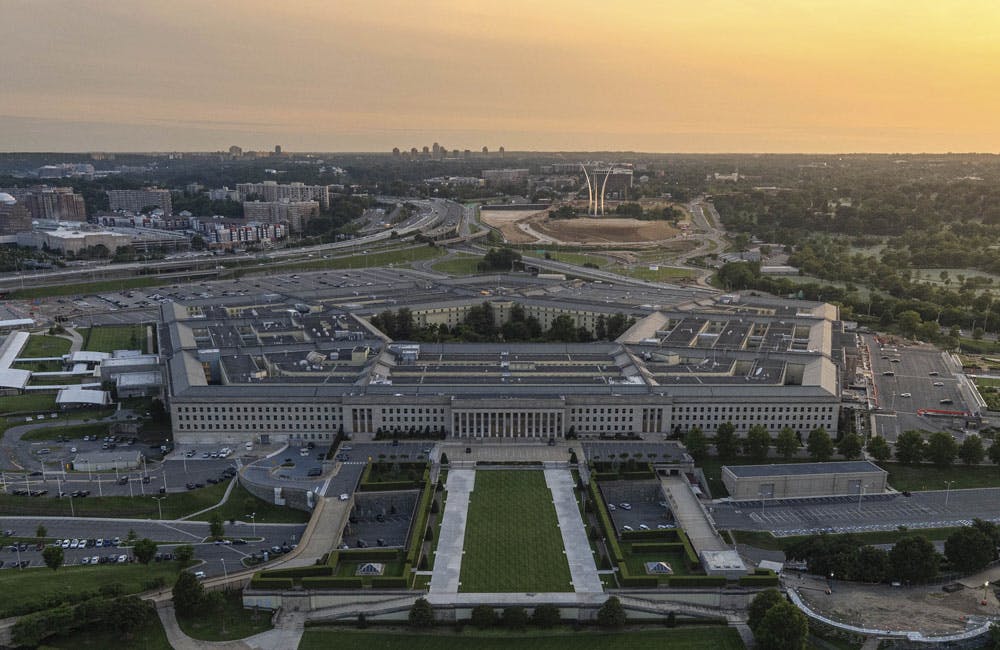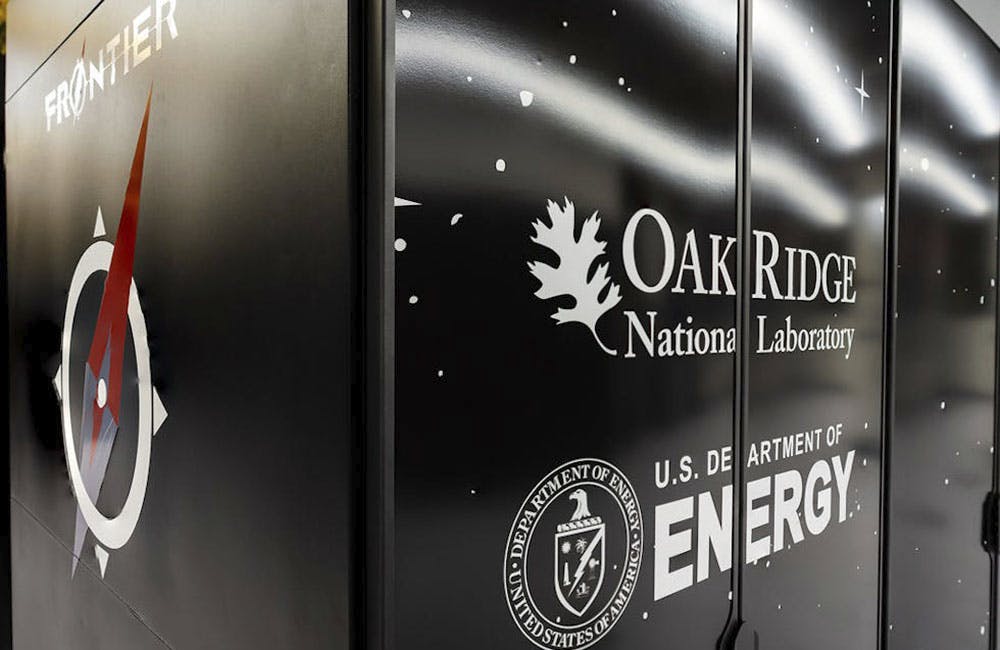Where Can Machine Learning Drive Efficiencies in Drug Development?
A GAO report highlights policy areas as the FDA considers regulatory rules around the technology.

The Government Accountability Office identified to lawmakers potential use cases for machine learning in drug development to help drive efficiencies and cost savings.
The Food and Drug Administration has been tracking the use of artificial intelligence in drug development. Although the FDA does not currently have a regulatory policy around machine learning in drug development, GAO assembled the report at the request of Reps. Greg Walden, Michael Burgess and Brett Buthrie and Sen. Lamar Alexander, said Timothy Persons, GAO’s science, technology assessment and analytics chief scientist and managing director.
GAO identified overall benefits that include improving research and development to expediting preclinical and clinical trials — especially as preexisting technologies continue to make the health care industry data-rich, a key element to successful machine learning.
“Machine learning can make drug development more efficient and effective, decreasing the time and cost required to bring potentially more effective drugs to market,” the GAO report said. “Both of these improvements could save lives and reduce suffering by getting drugs to patients in need more quickly. Lower R&D costs could also allow researchers to invest more resources in disease areas that are currently not considered profitable to pursue, such as rare or orphan diseases.”
More specifically in drug discovery, for instance, researchers can use machine learning to identify new drug targets, screen known compounds for new therapeutic applications and design new drug candidates.
To help regulate and support growth of its use in drug development, GAO proposed six policy recommendations for lawmakers to consider:
- Research: “Policymakers could promote basic research to generate more and better data and improve understanding of machine learning in drug development.” This area, GAO added, can result in the production of higher quality data for machine learning.
- Data Access: “Policymakers could create mechanisms or incentives for increased sharing of high-quality data held by public or private actors, while also ensuring protection of patient data.”
- Standardization: “Policymakers could collaborate with relevant stakeholders to establish uniform standards for data algorithms.”
- Human Capital: “Policymakers could create opportunities for more public and private sector workers to” learn interdisciplinary skills required to apply machine learning in drug development.
- Regulatory Uncertainty: “Policymakers could collaborate with relevant stakeholders to develop a clear and consistent message regarding regulation of machine learning in drug development” so that drug companies can better apply it if they know how regulators will review its algorithms.
- Status Quo: Policymakers should maintain current efforts — such as the 2018 Strategic Plan for Data Science — that commit to improved leveraging of data and machine learning in health care areas.
These policy recommendations also address a number of obstacles that may hinder machine learning adoption in drug development. GAO found, for instance, that there are currently research gaps in areas such as biology, chemistry and machine learning that need further work to develop more effective models for drug development or how to represent molecules in machine-learning algorithms.
There is currently also a shortage of high-quality data for effective machine learning in drug development, as well as difficulties in sharing and accessing data due to the cost and privacy laws inhibiting sharing practices. GAO also found that there is a workforce shortage in workers who are skilled in both data and biomedical sciences, making machine learning in drug development difficult to progress.
Finally, drug companies are also uncertain about how the government will regulate machine learning in the near future, making them limited in their desire to invest deeply in machine learning for drug development.
In forming the final draft and publication of the report, its findings and recommendations, GAO consulted with the National Institute of Standards and Technology, as well as the FDA, to incorporate those agencies’ comments and concerns into the report.
This is a carousel with manually rotating slides. Use Next and Previous buttons to navigate or jump to a slide with the slide dots
-

The CAIOs Leading Responsible AI Development Across Government
Since the White House's AI executive order, federal agencies are in the process of naming chief artificial intelligence officers.
7m read -

Defense Board to Pitch Solutions for Closing Tech Talent Gaps
Defense Innovation Board members cite need to modernize people management the same way government modernizes technology.
4m read -

Energy Researchers Aim For Holistic Approach to AI Issues
A new center at the Oak Ridge National Laboratory is looking at under-researched areas of AI to better understand how to secure it.
2m read -

5 Predictions for AI in Government Technology
Agencies are setting plans in motion not only to integrate AI into their enterprises, but also ensuring the data that power these systems are fair.
41m watch








